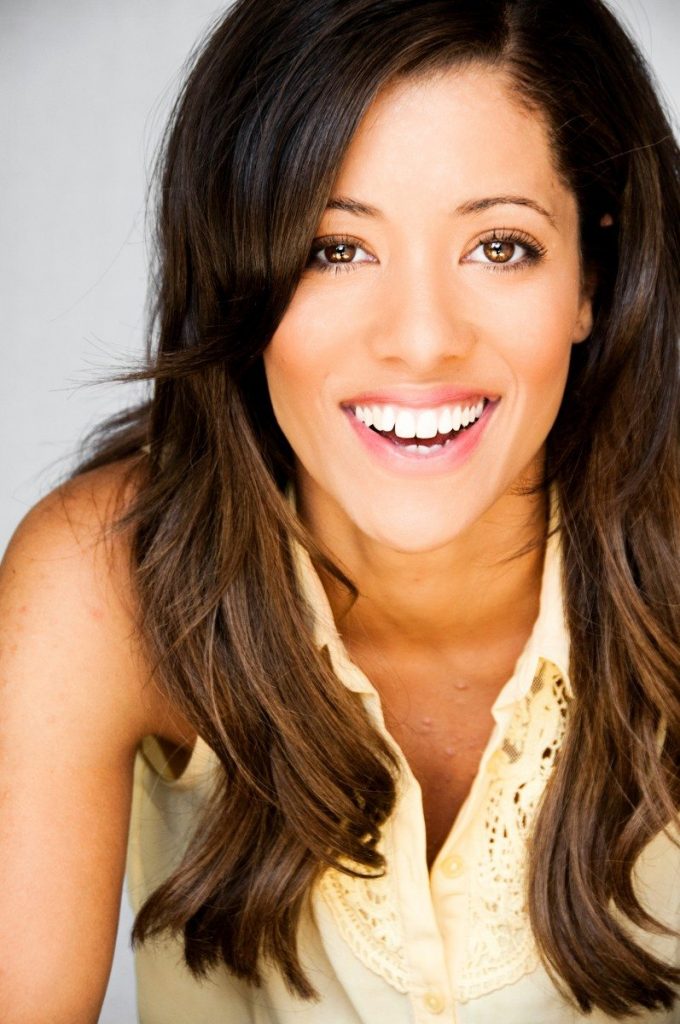 As I continue connecting the dots between my Capoeira experiences and my artistic journey, I came across a fantastic book called The Inner Game of Tennis by W. Timothy Gallwey. This is a compelling read that delves into the mental side of achieving peak performance through the lens of tennis, in a way that is applicable not only to sports, but to acting, career, and life in general. One of the biggest takeaways for me was the idea that it’s our own urge to get it “right” that makes our performances far more difficult than they have to be, and thus far less fun!
As I continue connecting the dots between my Capoeira experiences and my artistic journey, I came across a fantastic book called The Inner Game of Tennis by W. Timothy Gallwey. This is a compelling read that delves into the mental side of achieving peak performance through the lens of tennis, in a way that is applicable not only to sports, but to acting, career, and life in general. One of the biggest takeaways for me was the idea that it’s our own urge to get it “right” that makes our performances far more difficult than they have to be, and thus far less fun!
If there’s one thing I’ve heard over and over and over again both in acting and Capoeira it’s this: Have fun with it! That sounds so simple, and so easy, yet it can feel like the hardest thing of all. Time and time again I will get through a Capoeira session in which we’ve learned a number of different moves and started putting them into play, only to have my instructor stop the “game time” portion of class because it’s just not quite clicking. She always reminds us, we have to remember to loosen up and just have more fun with it. Similarly, I will go into audition rehearsals or self-taping with peers and the feedback for the next take is nearly always a resounding, ‘do it again, but just have more fun with it!’ Ahhh! Why is it so difficult to have fun? And what does fun mean? How is it achieved?
Gallwey’s suggestion: Don’t try so hard.
This struck me as almost laughable in how counter-intuitive it feels. But it makes a hell of a lot of sense. It simply means allowing your instincts to do the work on their own without interfering.
There’s a tendency to get so caught up in the intellectual side of ourselves that we block the work of the subconscious side, which, as it turns out, is far more capable than we give it credit for. Somewhere along the way, we’ve lost sight of how complex and competent our bodies naturally are and have taken the reigns on trying to control it. This control can come in the form of instructional information overload on how to execute a move or a performance. It can also turn up as limiting (and false) beliefs about the level of difficulty involved, frequently coupled with judgmental self chatter, which leads to frustration and stifles any room to grow. In the meantime, we have at our disposal a body full of potential to get the job done if we’d just get out of its way, trust it, and let it do its thing! We hinder access to powerful resources like muscle memory and instinct which are both spontaneous and automatic (i.e. operating independently, without our trying). If we just mute all that distracting noise, our bodies would perform, learn, and adjust in far more organic ways as they are wired to do.
“The player of the inner game comes to value the art of relaxed concentration above all other skills; he discovers a true basis for self-confidence; and he learns that the secret to winning any game lies in not trying too hard. He aims at the kind of spontaneous performance which occurs only when the mind is calm and seems at one with the body, which finds its own surprising ways to surpass its own limits again and again.”– W. Timothy Gallwey
This, of course, is much more easily said than done as thoughts from the mind can be something fierce. It can be scary to take a chance on instinct, when our minds are so busy telling us to control, deliver, and stay vigilant, do better. But only by allowing our instinctual selves to take the driver’s seat can we build the first-hand experience necessary to convince ourselves that it is, in fact, the better driver. Then we stop second-guessing, which comes packaged with fear and anxiety, and start building confidence. Gallwey affirms that the best kind of training to reach maximum potential, then, is with coaches who are less focused on instruction and more focused on aiding people in getting out of their own way. I recall some wise words from an old acting coach who used to say after a number of re-directs, “Now do it all wrong.” These were often the magic words that brought the performances to life. I now see it was code for not trying so hard, for quieting ego-driven thoughts, for trusting ourselves…for having fun!
To that end, one really useful free resource for actors I’ve found that aligns with Gallwey’s philosophy and helps keep thoughts in check is Jack Plotnick’s New Thoughts for Actors. Check out the video below for a glimpse into Jack’s helpful approach!
Are you having fun in auditions and on-set? What are the biggest clouds that rain on your parade? And what practices have you found to free yourself up when it comes time to perform? I’d love to hear your thoughts!

